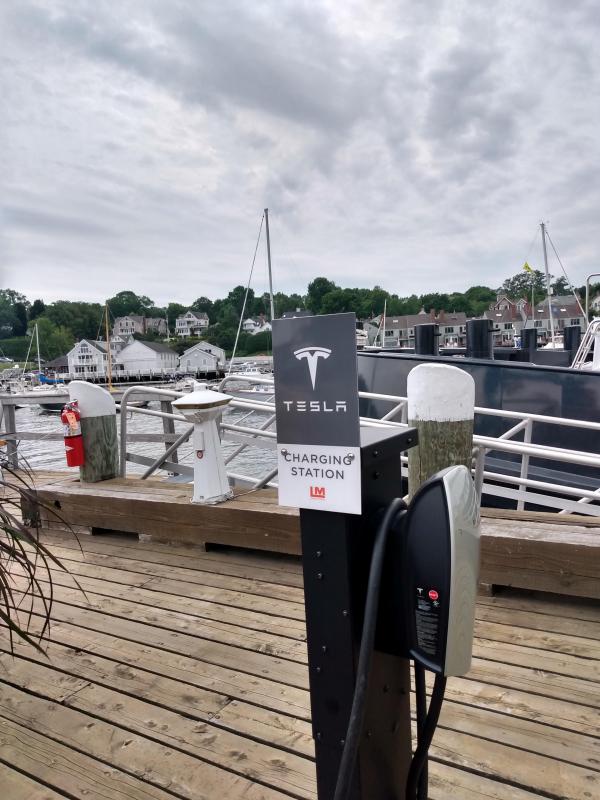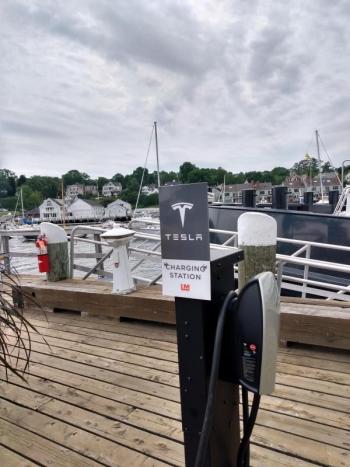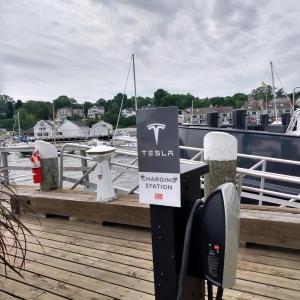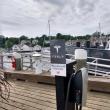Quick! Act on climate crisis now
What now must we do?
Now that Wall Street and even parts of the international oil industry have engaged in the fight against climate change, seeing the climate crisis as a threat to their own corporate futures (See this blog post). Now that the pandemic and tumultuous weather have exposed the damage being inflicted on the world by an economy premised on growth and consumption.
It must surely be a good thing that powerful financial institutions and businesses want to promote alternatives to carbon-emitting oil, natural gas and coal. But will the energy transition come quickly enough to prevent climate disaster if Big Finance and Big Business are in the driver’s seat? And will the path to new energy sources they select be the one we want? It is being designed to protect investors, not to bring fundamental change.
Washington will not act decisively enough to save us either, regardless of the next election. If we want real change, local communities worldwide – including those lucky enough to be in Midcoast Maine – need to get back out ahead. Quickly.
Our communities should not merely return to the projects and goals we had before the pandemic. We should up our goals and broaden our scope of action. For example:
* People have been using much less energy, especially for transportation. Some of this energy demand is already returning, as it should do. But we can avoid ever getting back to past heights of fossil fuel use and still live satisfying, productive lives. Maine depends heavily on tourism, and we don’t want it to go away. But we and those who come to visit need to find a new balance. Traveling less often and shorter distances, working more from home when feasible, shopping more for local products and food (See Blog post).
* We should work much harder and faster to eliminate energy waste. That’s too often portrayed as a sacrifice. It can and should mean lower energy bills and greater comfort, through programs such as weatherizing more houses and public buildings.
Watershed School’s amazing global climate change class recently managed, despite all the pandemic restrictions, to publish a preliminary action plan for Camden, called “Turning the Tides.” It shows that homes alone account for nearly half of all the town’s carbon emissions, due largely to its older, poorly insulated housing stock and heavy reliance on heating oil.
What can we do about that? Efficiency Maine is already providing some answers, starting with much greater use of insulation and electric heat pumps. Camden, like some other nearby towns, is likely soon to set up a local version of this non-profit agency that would use town trust-fund money to help people, especially at low income levels, be more comfortable while burning less heating oil. We should support and consider enlarging. Quickly.
Also, a proposal for a “co-housing” community involving zero-net energy and some “affordable” housing may soon come before the Camden Select Board. It’s just the kind of energy-saving and community-building initiative our towns need.
* Instead of working merely to see that all municipal power needs are met by solar, wind and other renewable sources – as most of our towns have been doing -- we should start working towards carbon-free electricity for private households and businesses, too. This means incentives for households to install solar where feasible. It also means community solar projects. Quickly.
We should manage such projects ourselves, avoiding the temptation to instead buy renewable energy credits (Recs) from potentially distant projects that may not really be clean and probably would be built anyhow – and may lock us into electricity prices that look very high in the future.
* Our goal should be fossil fuel-free electricity at least by 2035 – the target on which Joe Biden is now running – not by Maine’s 2050 date. Biden’s goal is more than a recognition of the growing strength of the Green movement. It’s a recognition of how much more achievable falling prices for solar, wind and also batteries and storage systems have made 100% renewable electricity.
* Those of us who can afford new cars should be buying electric. Our towns should be insuring that plenty of high-speed charging stations are in place, sooner rather than later. Equally important, our state and towns should work to find means to make electric transport available to our neighbors who can’t afford new cars, so they aren’t left with high gasoline bills when wealthier people have moved on.
* More of our towns should follow Rockland’s example with Davis Saltonstall and hire a part or full-time climate/planner.
More to come on many of these issues. Soon.
Event Date
Address
United States




























